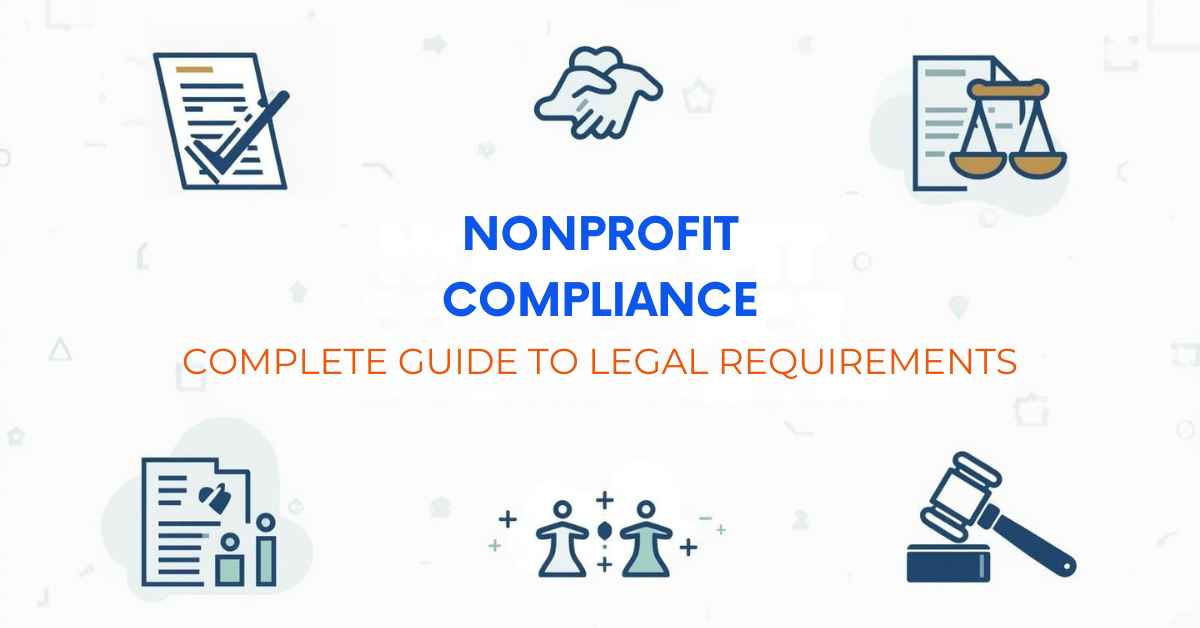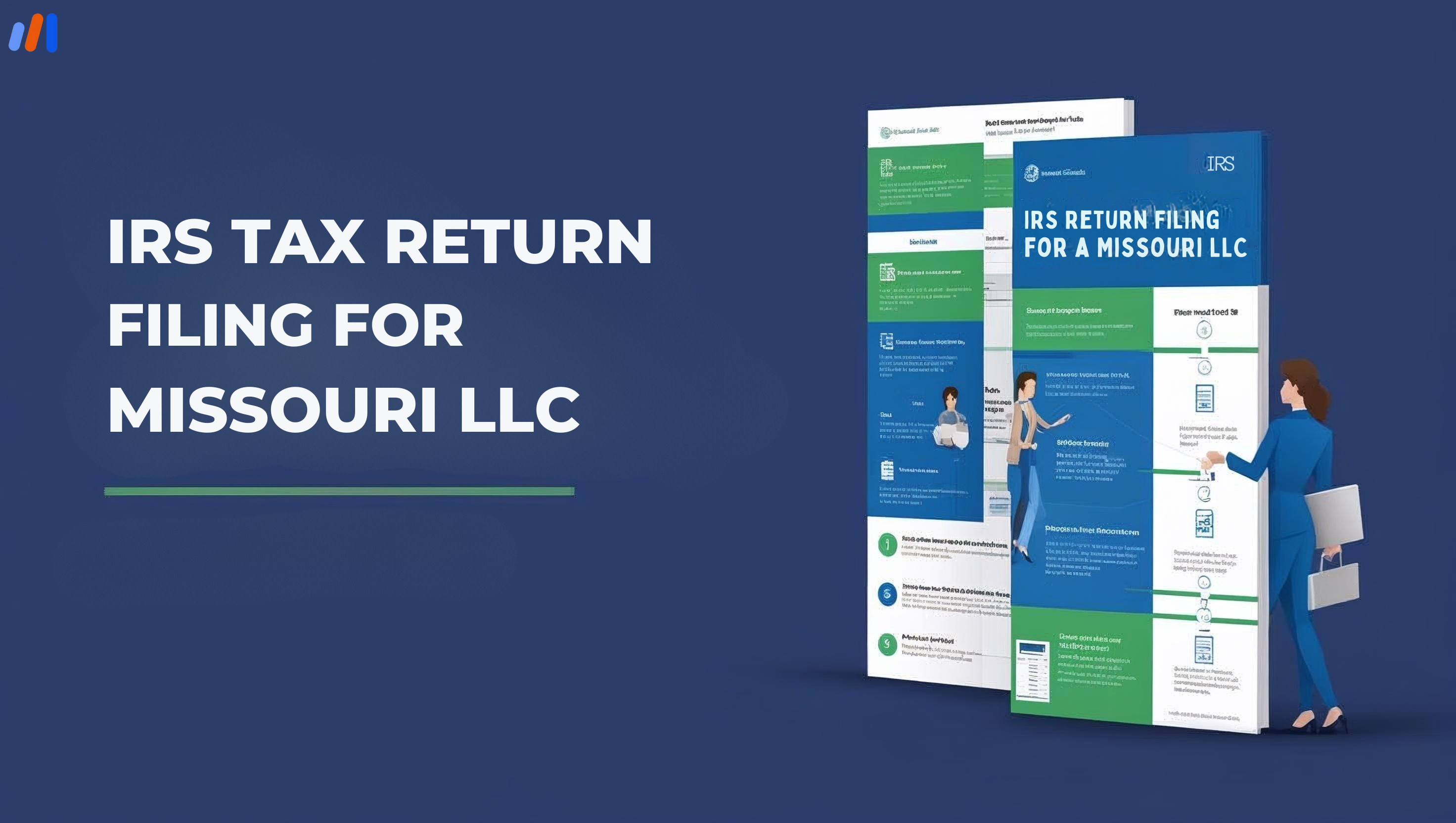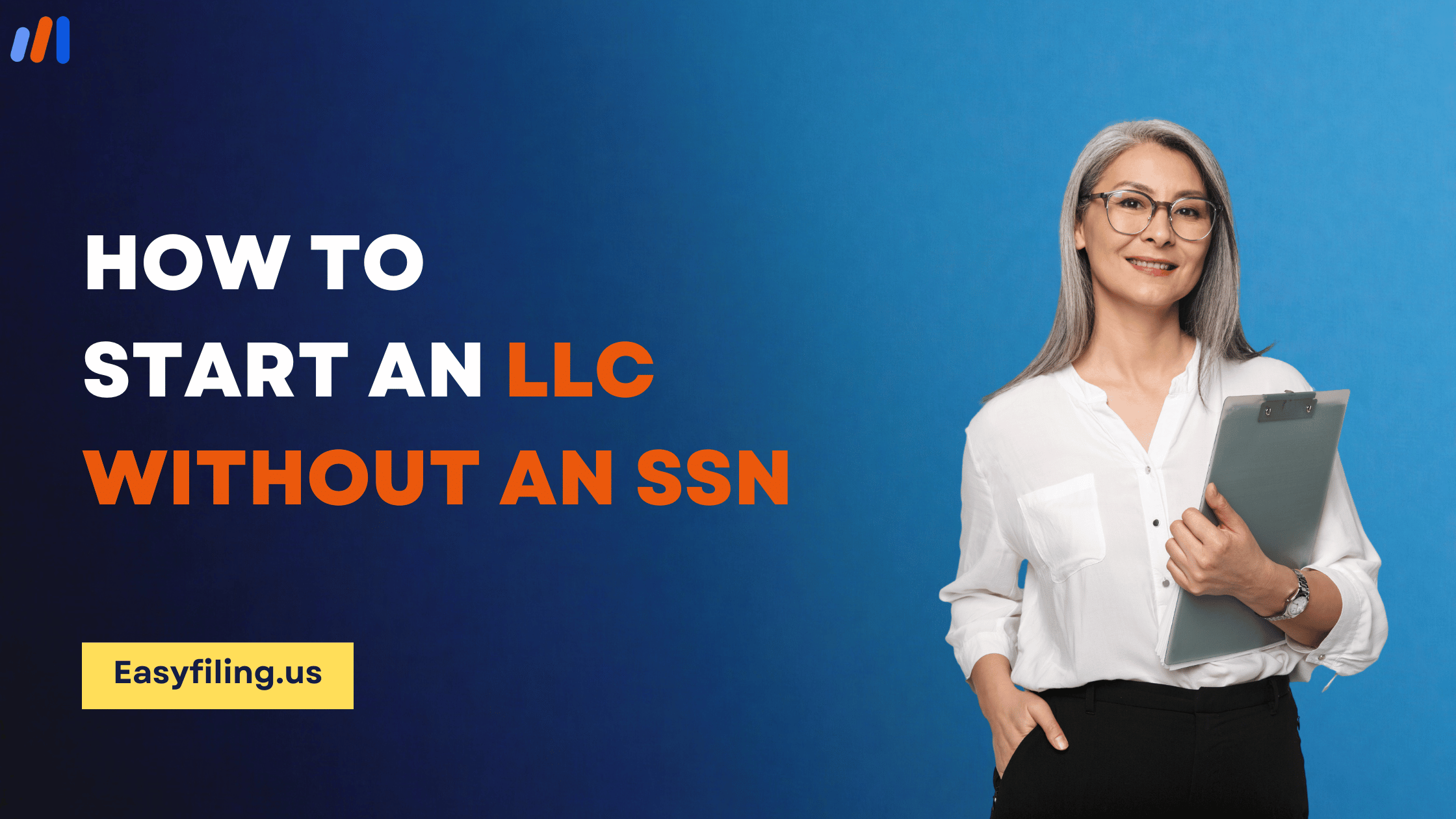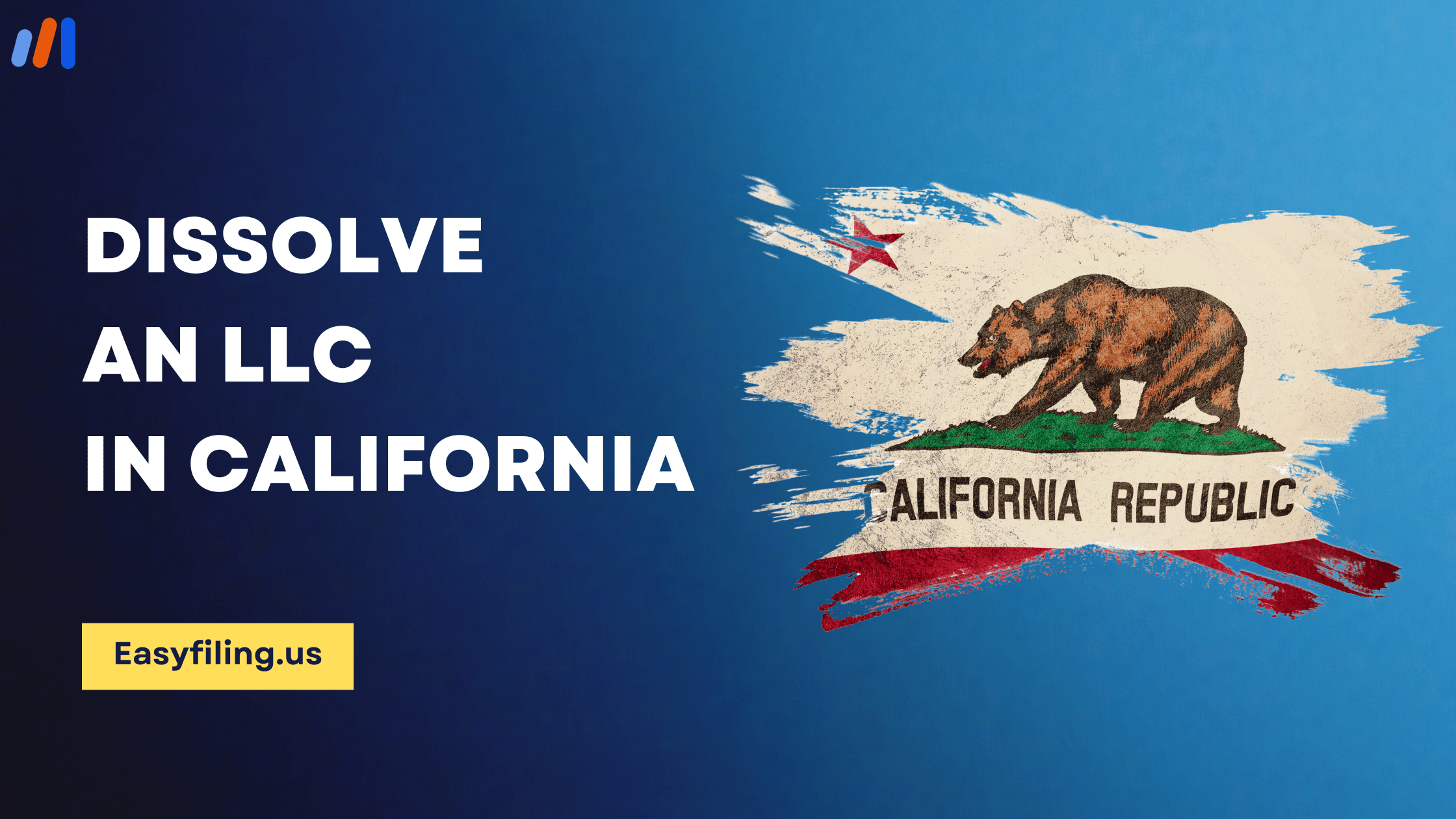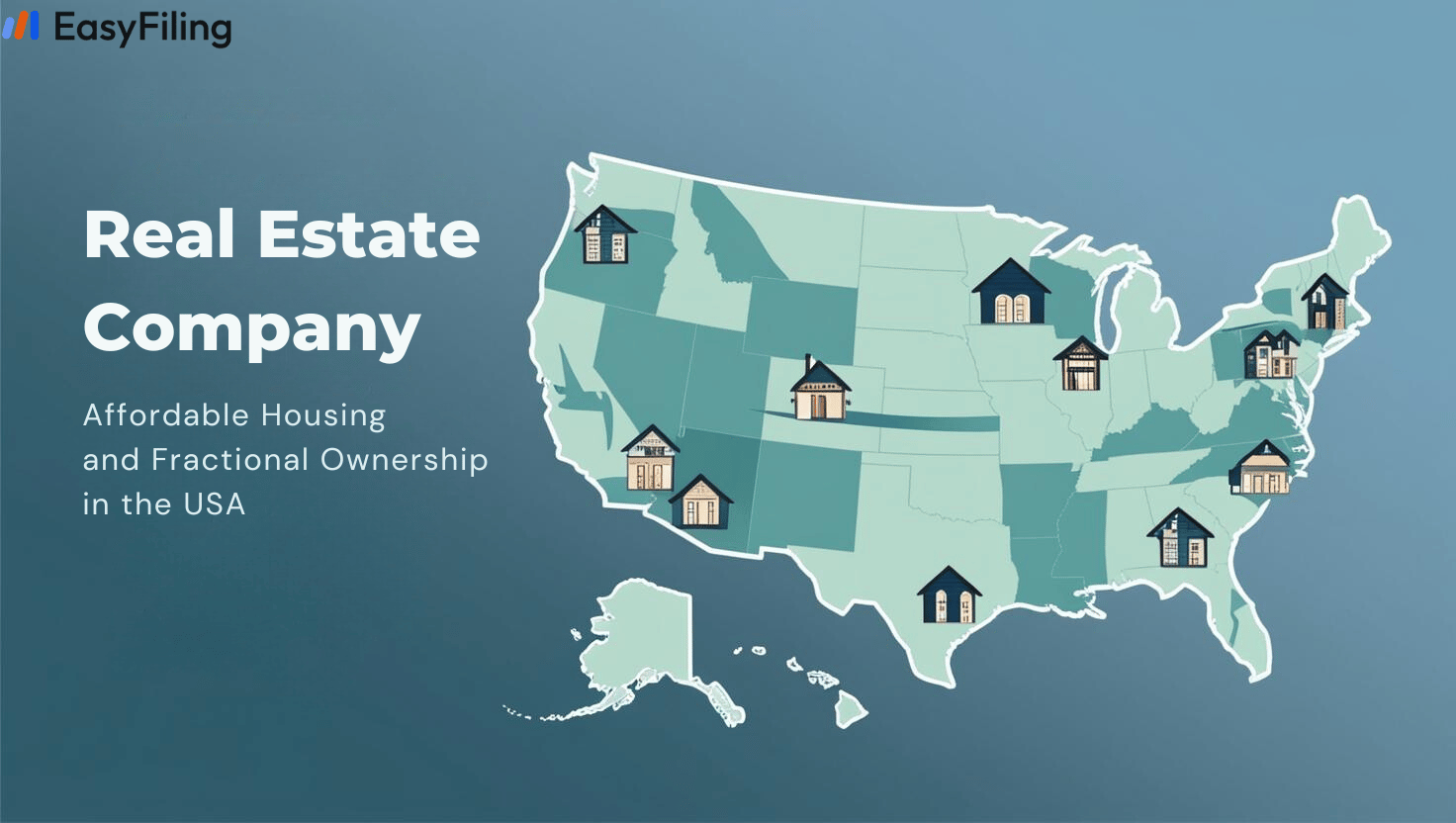Being dedicated to impact-creating activities is commendable; however, navigating the intricate process of nonprofit compliance isn’t a pleasant experience. Tax-exemption status, credibility with donors, and organizational sustainability are all impacted by nonprofit compliance and recordkeeping. This practical guide aims to support mission-driven nonprofit professionals, from resisting compliance to embracing mission-focused compliance.
What Is Nonprofit Compliance?
Nonprofit compliance is the process of nonprofit recordkeeping and reporting, fulfilling the activities required by the governing authorities at the Federal, State, and Local levels of a tax-exempt organization. Some of these are Financial reporting, Governance reporting, Record Keeping, and other Operational activities.
The charitable purpose of a nonprofit and the status of the surplus of providing the supposed tax-exempt benefits are the essence of nonprofit compliance. It involves documentation of proper charity purposes and meeting the deadlines of the responsible reporting of a wide multitude of filings.
Why Nonprofit Compliance Matters
The stakes for nonprofit compliance are very high, having consequences such as:
Non-Compliance Risks:
- Tax-exempt status revocation
- Financial fines
- Loss of reputation leading to lesser funding
- Legal risks for officers and board members
- Fewer available grants and funding
Gains from Effective Compliance:
- Gains from reputation and credibility to donors and stakeholders
- Gains from the benefits of tax-exempt
- Legal and financial risks are minimized
- Organizational governance is improved
- Gains from greater funding opportunities
Federal Nonprofit Compliance Requirements
The legal obligations of a nonprofit organization are almost entirely dependent on the Federal compliance laws, which are then delegated to the Internal Revenue Service.
Primary Federal Requirements Include:
| Requirement | Description | Frequency |
|---|---|---|
| Form 990 Filing | Annual information return | Yearly |
| Employment Tax Returns | Payroll tax obligations | Quarterly/Annual |
| Unrelated Business Income Tax | Tax on commercial activities | Annual (if applicable) |
| Public Disclosure | Making forms available to the public | Ongoing |
Form 990 Requirements: Tax-exempt organizations apply to a significant portion of organizations, with the Form 990, which needs to be filed every year. Organizations with gross receipts less than $50,000 can fill out the Form 990-N at the “e-postcard” level. Organizations with gross receipts greater than $50,000 qualify for Form 990, which is more complex.
Tax-Exempt Status Maintenance: Nonprofit organizations must continue to prove that they operate exclusively for exempt purposes and do not provide undue private benefits to individuals. This involves refraining from campaign activities and limiting political activity.
State-Level Nonprofit Compliance Obligations
Each state’s compliance obligations differ considerably from one state to another; however, they usually include:
- Corporate Registration: Submission of articles of incorporation and upkeep of good standing
- Annual Reports: Submission of status and leadership updates to state officials
- Solicitation permits: Registration for fundraising activities in states where donations are collected
- Employment Laws: Compliance with state wage and hour laws
Many states require separate charitable solicitation registration regardless of the state of incorporation. This gets especially complicated for organizations that do fundraising in several states.
Board Responsibilities in Ensuring Compliance
The board of directors has sole responsibility for compliance of the organization with the law. Their key tasks are:
Governance Oversight:
- Setting and enforcing compliance standards
- Assessing and reinforcing internal governance systems
- Conducting audits for the approved annual reports
- Decision makers must remain neutral
Legal Responsibilities: Members of the board owe a duty to the organization to care, act, and act unquestioningly. This involves staying abreast of the activities of the organization, conflicts of interest, and ensuring that the organization not only acts within the mandate but also complies with the law.
Best Practices for Nonprofit Recordkeeping
Nonprofit recordkeeping best practices help organizations meet compliance and operational mandates. For effective record management, the organization should ensure that:
Financial Records:
- Records of Activities focus on specific outcomes and goals set by the organization
- Accurately document all financial transactions and the concerned parties that are engaged in the monetary interactions
- Account for the budgeted costs of the defined outcomes
- Systematically arrange and document outcomes and the associated reports
- Prepare balance sheets and financial statements on a timely interval
Governance Documentation:
- Board governance record, along with resolutions related to the adopted policies
- Employee and legal files, which are part of the employee manual
- Conflict of interest policies with supporting documents
- Contracts and legal documents
Retention Guidelines: Keep supporting documents for seven years, with the supporting documents for suppressed files retained for permanent records. Audited financial statements, which are retained permanently, and legal compliance-approved documents.
Creating a Nonprofit Compliance Checklist
As part of effective organizational management, a compliance checklist specifies the activities that an institution must undertake:
Annual Tasks:
- Submit the Form 990 or 990-N forms
- Pay the state-mandated yearly fees
- Renew the bylaws for the solicitation of charitable donations
- Perform a yearly assessment of the board
- Revise the established policies
Quarterly Tasks:
- Submit the employment tax forms
- Prepare the yearly donation statements
- Reevaluate the operational goals of the institution
Monthly Tasks:
- Reconcile bank statements
- Analyze financial internal systems
- Monitor compliance with the report of expenses against the budget
- Present the report concerning board compliance
Key Considerations When Building Your Compliance Checklist
Every organization, as a part of effective management, has to undertake a set of activities; a compliance checklist is used to explain such activities. When developing your nonprofit compliance strategy, prioritize these essential elements:
Deadline Management: Create a master calendar of all filing deadlines, renewal dates, and reporting requirements. Missing deadlines can result in penalties or loss of good standing.
Documentation Standards: Establish clear procedures for collecting, organizing, and storing required documentation. This includes donor acknowledgments, board resolutions, and financial records.
Regular Monitoring: Implement systems for ongoing compliance monitoring rather than waiting for annual deadlines. Regular internal reviews help identify and address issues before they become serious problems.
Benefits of Strong Nonprofit Compliance Programs
A nonprofit organization stands to gain a lot from having an effective compliance program:
- Improved Donor Trust: Compliance and accountability give proof of responsibility and proper management
- Reduced Risks: Legal and financial risks are lessened through timely compliance
- Increased Productivity: Streamlined and systematic processes boost productivity
- Protection of Board Members: Compliance protects board members from having personal responsibility
- Increased Funding: Most grantmakers demand proof of effective compliance as a condition for funding
How EasyFiling Supports Nonprofit Compliance
Self-servicing professionals spend a lot of time on volunteers and boards. EasyFiling makes it easier for organizations to comply with regulations:
- Filing and preparation of the necessary compliance documentation
- Monitoring and follow-up
- Continued support with compliance
Nonprofit organizations that are willing to work with compliance experts will spend less time worrying about compliance and more about serving the community.
Conclusion: Building a Culture of Compliance in Your Nonprofit
Achieving compliance as a nonprofit organization involves more than just compliance with the reporting obligations; it is also an affirmation of a willingness to operate with integrity and be answerable and responsible for one’s actions. By formulating and implementing all-inclusive compliance frameworks, giving compliance training to all employees and board members, and reinforcing the policies and procedures at regular intervals, organizations can foster a culture of compliance that makes it second nature to the people.
Remember that compliance isn’t just about avoiding penalties; it’s about demonstrating to donors, beneficiaries, and the public that your organization operates with integrity and deserves their trust. Start by assessing your current compliance status, identifying gaps, and developing a systematic approach to address all requirements. With proper planning and commitment, nonprofit compliance becomes a manageable aspect of organizational operations rather than an overwhelming burden.
Frequently Asked Questions About Nonprofit Compliance
Q: What are the consequences of not filing Form 990 on time?
A: There will be penalties for failing to file Form 990 on time. Tax-exempt status may also be forfeited. In the case that an organization does not file for three consecutive years, it will automatically lose its exemption.
Q: Is there a different compliance threshold for small nonprofits?
A: Yes. 501(c)(3) organizations whose gross receipts are less than $50,000 can file the less complicated Form 990-N, but still have to comply with state and other federal regulations.
Q: How often should compliance procedures be reviewed?
A: All procedures should be assessed every year. It is also suggested that more frequent reviews take place when there is a change in the regulations or in the activities of the organization.
Q: Are board members at risk of personal compliance failure liability?
A: In the case of nonprofits, there is some member protection, but personal liability for failure to perform one’s obligations or for gross negligence is a risk for any board member.
File Your LLC Today
25$ off with a coupon
Lock in EasyFiling's transparent rates and get lifetime compliance support at no extra cost.
Get Started Now